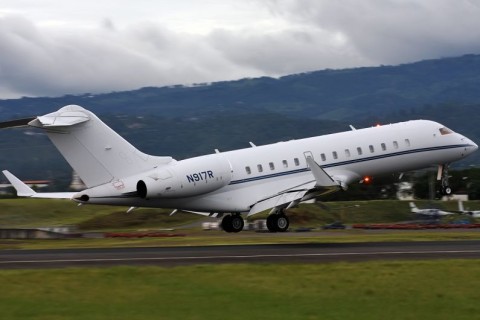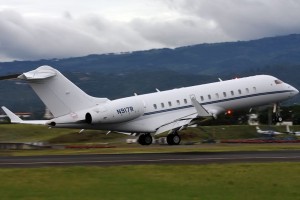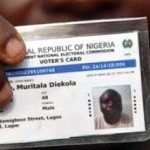Seized $9.3m: SERAP asks Financial Action Task Force to sanction FG
Featured, Latest Headlines, News Sunday, September 21st, 2014
Socio-Economic Rights and Accountability Project (SERAP) has petitioned Mr. Roger Wilkins AO, President, the Financial Action Task Force (FATF), urging him to “urgently use your good offices and leadership to investigate admission by the government of Nigeria that it hired a private jet to convey $9.3 million in cash to procure arms from South Africa.”
The organization also asked Mr Wilkins to “consider this admission in light of FATF standards on transportation of cash across borders, and to consider applying any appropriate sanctions and measures to deter this practice in the future.”
 In the petition dated 19 September 2014 and signed by SERAP executive director Adetokunbo Mumuni, the organization said that, “under the mandatory FATF Special Recommendation IX (SR IX), jurisdictions including Nigeria are required to implement measures to detect and prevent the physical cross-border transportation of currency. The FATF has considered this as “one of the main methods used to move illicit funds, launder money and finance terrorism.”
In the petition dated 19 September 2014 and signed by SERAP executive director Adetokunbo Mumuni, the organization said that, “under the mandatory FATF Special Recommendation IX (SR IX), jurisdictions including Nigeria are required to implement measures to detect and prevent the physical cross-border transportation of currency. The FATF has considered this as “one of the main methods used to move illicit funds, launder money and finance terrorism.”
“The FATF has considered the act of concealing/smuggling currency in order to evade crosses reporting requirements as a widely recognised red flag indicator for illicit activity which is worthy of independent criminal sanctions,” the organization also stated.
According to the organization, “As the global standard setting body for anti-money laundering and combating the financing of terrorism, FATF is best positioned to look into the matter. Nigeria is also a member of FATF.”
“We believe that this action by the government poses a risk to the integrity of the international financial system. Therefore, your prompt action in this matter would help to protect the international financial system from money laundering and financing of terrorism risks and to encourage greater compliance with the anti-money laundering standards,” the organization also said.
“Should the government fails and/or neglects to do comply with the FATF standards, we urge the FATF to subject it to a targeted follow-up process and require the government to report back to the FATF on a regular basis until these recommendations are fully implemented,” the organization further stated.
It quoted the FATF as saying that, “the Special Recommendation IX aims to ensure that terrorists and other criminals cannot finance their activities or launder the proceeds of their crimes through the physical cross-border transportation of currency and BNI. Thus, the FATF has set some minimum thresholds and requirements for states such as Nigeria to comply with, including the disclosure/declaration obligations. This applies to “all physical cross-border transportations of currency from one jurisdiction to another.”
The organization also said that, “The term declaration system refers to a system whereby persons are required to pro-actively submit a truthful declaration to the designated competent authorities.
The termbulk cash smuggling refers to the act of making a physical cross-border transportation of currency in large volumes where the currency is concealed in order to evade the reporting requirement. The term threshold refers to the maximum amount that may be carried or sent across borders without having to declare or disclose. This threshold cannot be higher than EUR/USD 15 000.”
“The definition of false declaration/disclosure in the Interpretative Note to Special Recommendation IX includes a failure to declare/disclose. Thus, the FATF has stated that, “The term false declaration/disclosure refers to a misrepresentation of the value of currency being transported, or a misrepresentation of other relevant data which is asked for in the declaration/disclosure or otherwise requested by the authorities. This includes failing to make a declaration/disclosure as required,” the organization also said.
The organization also quoted the FATF as saying that, “these measures should be implemented with a view to ensuring that legitimate activities are not unreasonably hindered or obstructed. In such situation, countries are required, when there are reasonable grounds for suspicion of money laundering or terrorist financing, to impose a reverse burden of proof on the person carrying currency across borders on the question of the legitimacy of such currency. Therefore if that person is unable to demonstrate the legitimate origin and destination of the currency those funds may be stopped or restrained and confiscated.”
Related Posts
Short URL: https://www.africanexaminer.com/?p=17738






















